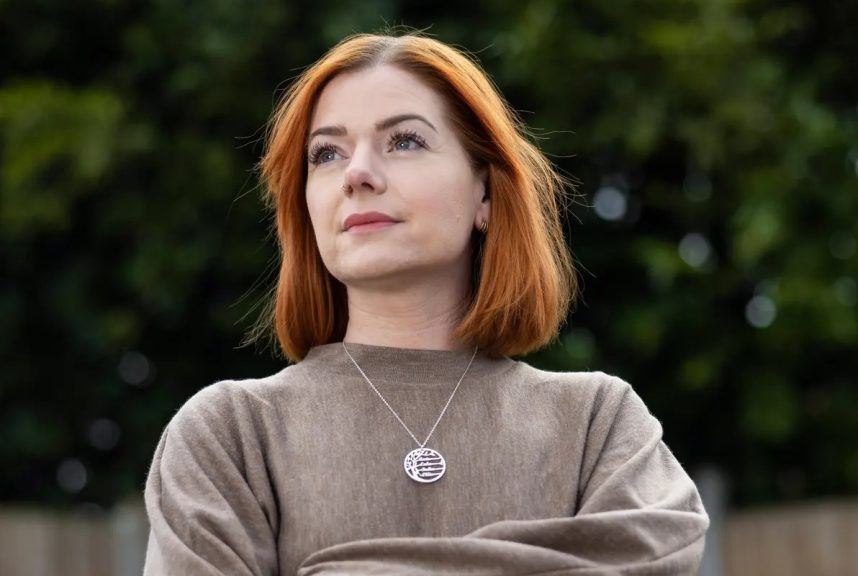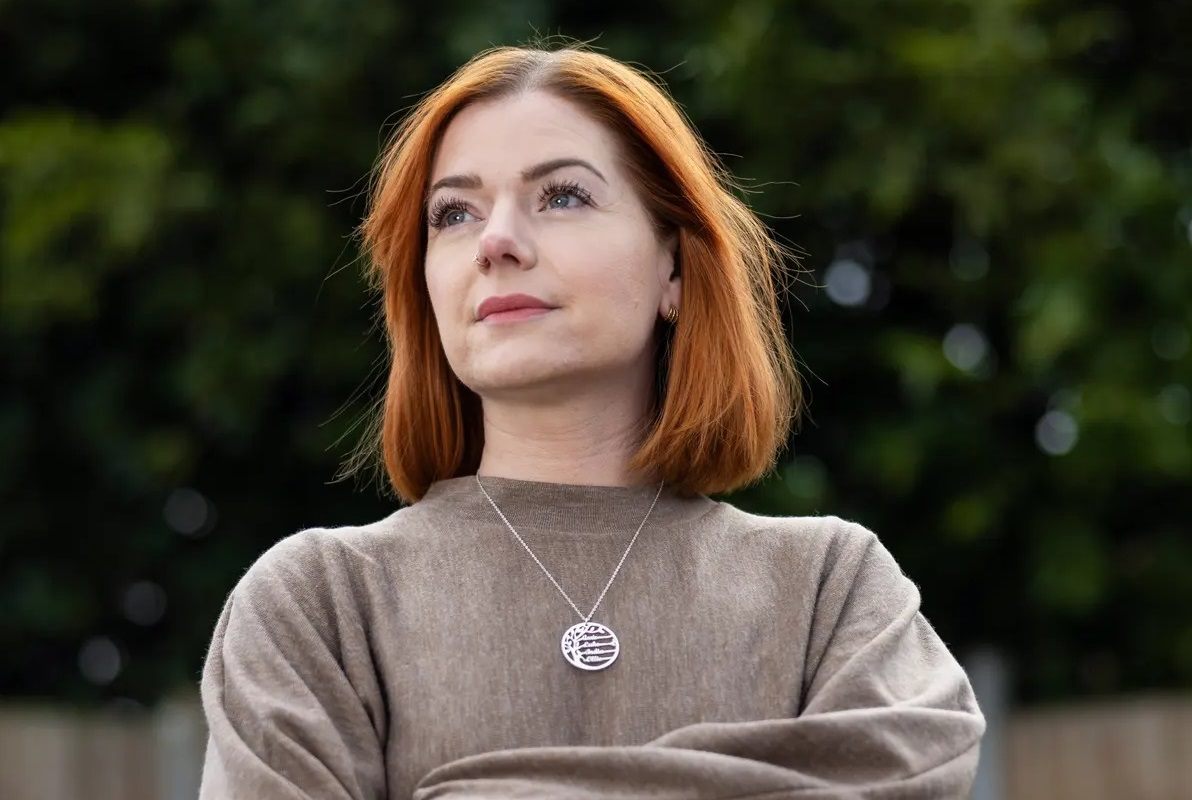Posted on: May 21, 2024, 05:08h.
Last updated on: May 21, 2024, 05:08h.
The UK’s charity regulator has opened an investigation into the country’s biggest problem gambling non-profit, GambleAware.

The Charity Commission confirmed to The i newspaper that it had begun a “regulatory compliance case” into the organization’s methods. That’s after it received a complaint claiming the organization is too aligned with the interests of its paymaster, the gambling industry.
The charity is funded by the industry in the form of voluntary donations. It received £46.5 million (US$59 million) from operators in the 2022-23 financial year, according to official records.
The complaint was filed by anti-gambling activists and the Good Law Society, a non-profit group that aims to use litigation to “create a better world.”
The filing claims that GambleAware’s “reliance on industry funding” means that “all of its activities are based on an acceptance of the industry’s framing of gambling.”
This reliance has led to a “complete failure to engage with alternative analyses which are critical of industry practices,” it alleges.
Don’t Demonize Industry
The complaint cites an example where a lesson plan created for “Year 10 students” (9th graders in the US) to raise awareness of gambling issues included a note to teachers that “this lesson is not to demonize the gambling industry.”
“[Gambling operators] are promoting their trade just like any other potentially risky pastime might, fully sanctioned by law,” it continued, according to the complaint.
One exercise in the lesson required students to comment on a conversation between two characters, “George” and “Ira.”
Ira says, “online bingo is a great way to make money.” George responds, “We shouldn’t do anything like that or we’ll end up losing all our money.” The lesson guide described George’s comments as false, explaining that “some people do gamble responsibly,” while Ira’s claim went unchallenged.
The complaint also criticizes GambleAware’s emphasis on “gambling responsibly,” as opposed quitting gambling altogether.
“You’ve got this ‘responsible’ model, where if things go wrong and if you do become addicted, it’s somehow your fault because the messaging is out there and you should have been responsible, which is complete nonsense because an addiction doesn’t work like that,” one of the complainants, Annie Ashton, whose husband died of gambling-related suicide, told The i.
‘Baseless Claim’
GambleAware CEO Zoë Osmond described the complaint as “baseless,” “highly damaging,” and predicated “on misleading and outdated information.”
Osmond added that GambleAware is “robustly independent” and has “long called for the implementation of a statutory funding system to hold the gambling industry to account.”
“The treatment and support we commission, which includes the National Gambling Support Network and National Gambling Helpline, represents one of the few lines of defense available to the millions impacted by gambling harms each year,” she said.

